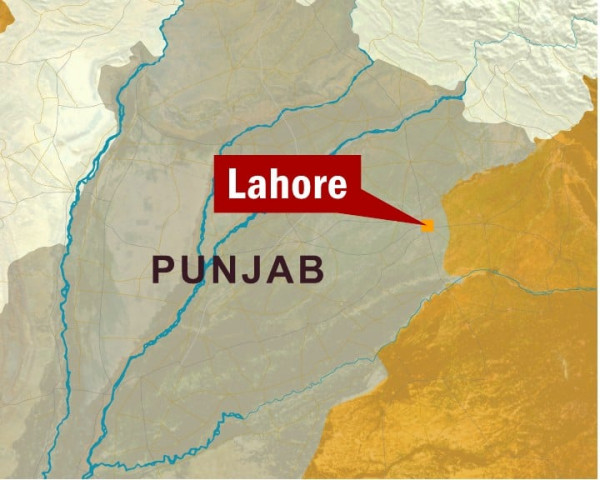‘Compassion is the solution’
Karen Armstrong prescribes 12-step programme for getting rid of bigotry.

Armstrong’s talk was titled ‘The Charter for Compassion’ and referred to a document of the same name, now being circulated by the OUP among charitable organisations, schools and colleges throughout Pakistan.
Armstrong’s latest book Twelve Steps To A Compassionate Life’ deals with the subject of kindness and compassion towards those around us, including our enemies, in the guise of a 12-step programme commonly used to treat substance abuse and alcoholism.
Armstrong opened her talk by elaborating on step seven in her book that deals with ‘How little we know’. “Rage, dogmatism and violence are all rooted in the assertion that we are somehow right and the ‘other’ is wrong.” she said.
Armstrong elaborated upon the importance of employing the ‘Socratic Method’ of open inquiry and doubt in our daily lives.
“We need to stop projecting ‘certainties’ because there are none and this is the only way we will be compassionate towards the views and will of others,” she said.
Amin Hashmi, one of the organisers of the event, said that the new charter for compassion was being widely distributed with the help of the Higher Education Commission and some non-profit organisations.
Hashmi said that the OUP was collaborating with the Rafi Peer theatre group to develop a Sesame Street character that epitomised compassion and kindness.
“The HEC is on board to draft and introduce a compulsory course that deals with these values and depending on its success it is even willing to make it compulsory,” he said.
Several NGOs and individuals including Abdus Sattar Edhi have taken it upon themselves to promote the new ‘Charter for Compassion’. “We have 14,000 commitments to put up the document in public places. The community website (www.charterforcompassion.org.pk) and YouTube carry videos and information of what we are hoping will become a movement for change,” Hashmi said.
In the question and answer session that followed the talk, a participant dubbed Armstrong ‘Maulana Karen Armstrong’ and said “I wish we had more ulema here talking about peace than violence. If this were a Friday sermon I would want everyone to have heard it.”
In response to a question about blasphemy laws and the recent assassination of Punjab Governor Salmaan Taseer, Arsmstrong said “These are complex issues and I am not in a position to preach about it but personally we must try and conduct ourselves with compassion in this regard especially. We need to be very careful about how we speak about people in the other camp.”
Armstrong recalled a previous conversation with Islamic scholar Tariq Ramadan and said “When the Danish cartoon’s fiasco happened he told me ‘We fall for it every time’. He said that the agenda of perpetrators of hate crimes was to show that Muslims were violent, raving lunatics and when they responded to such bait they proved them right. We need to set an example of not falling in the trap, he told me and I couldn’t agree more”.
The audience appreciated the sentiment and one participant even expressed their surprise at how long it had been since anyone had suggested ‘compassion’ as a solution to any problem.
“We seem to have forgotten it existed. Looking for genuine kindness seems to be like looking for a unicorn. It’s becoming a myth,” said Sahar Shams.
Published in The Express Tribune, February 4th, 2011.


















COMMENTS
Comments are moderated and generally will be posted if they are on-topic and not abusive.
For more information, please see our Comments FAQ